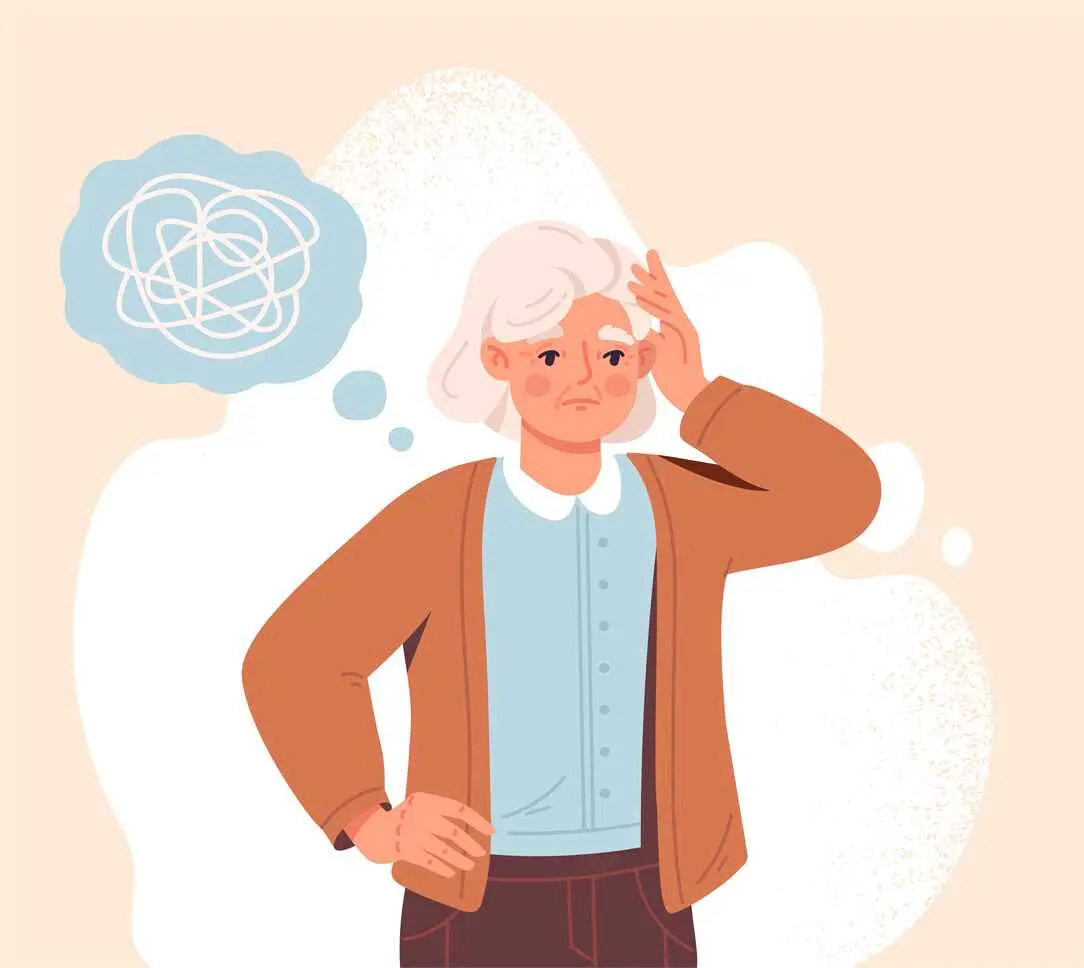Memory Loss – What’s Normal And What’s Not?
Memory loss is a broad term that includes various types of forgetfulness, whether short-term or long-term memories, like recalling names or everyday tasks like brushing teeth.
It's normal to forget things occasionally, especially as you age. Around 40% of people over 65 experience age-related memory decline. But how can you determine if your memory issues are more serious?
The key is paying attention to how often and significantly you forget things. This guide will help you distinguish between typical memory lapses and those that may require further examination by a doctor.
What Is Average Age-Related Memory Loss?
Memory loss can happen at any age and affects various aspects of your thinking abilities. Here are some common examples:
- Tip-of-the-tongue moments, where you can't immediately recall a word or someone's name but eventually remember it after a few minutes.
- Forgetting facts or events, especially those you last thought about a while ago or that happened long ago.
- Misplacing your keys or forgetting appointments.
- Confusing details or memories, such as the location of an event.
If these memory lapses are minor and occasional, it's considered normal age-related memory loss. Only 1% of adults over 65 with mild memory loss go on to develop dementia.
Research indicates that our brain performance peaks between the ages of 35 and 44. As we age, neurons slow down, some brain areas shrink, and blood flow decreases, which can lead to slower problem-solving and memory recall.
In some cases, memory loss may be linked to other age-related changes, such as menopause, which can cause "brain fog," or it can result from significant physical changes like undergoing chemotherapy.
When To Worry About Forgetfulness?
If you notice that your memory problems are becoming a consistent pattern and affecting your ability to learn and remember new things, seeking medical advice is crucial. Here's a comparison between typical age-related memory issues and signs that something more serious might be happening:
It's likely normal if you...
- Occasionally misplace items, forget an appointment, or overlook a bill.
- Can't recall the name of someone you don't know very well.
- Sometimes, forget past events or conversations, especially if they happened long ago.
- You are concerned about your memory, but those around you aren't.
- Experience occasional word-finding difficulties.
- You can still learn new information or skills, even if it takes more time.
- You can manage your daily life as usual.
You should consult a doctor if you...
- Frequently lose items and often miss appointments or need to remember bills.
- Forget the names of close friends or family members or need help to recognize people.
- Regularly forgetting recent events or conversations.
- Aren't worried about your memory, but your friends and family express concern.
- Find it challenging to engage in conversations.
- Need help learning new information or skills?
- Can't maintain your usual routines and forget how to perform everyday tasks
What Can Cause Memory Loss?
Discovering the reason behind your forgetfulness is crucial because it may be reversible with proper treatment.
Memory loss can be caused by various factors, such as certain medications, infections like urinary tract infections (UTIs), stress, fatigue, and depression. When the underlying cause is addressed, the memory loss can improve or disappear.
However, some causes of memory loss are progressive and worsen over time, affecting different types of memory. It's essential to seek an early diagnosis for these conditions because medications can be helpful when started early. Here are some of the more severe causes of memory loss:
Mild Cognitive Impairment
Certain individuals undergo more substantial alterations in their cognitive abilities, encompassing memory, visual skills, and problem-solving. These changes may remain consistent, get better, or deteriorate over time.
Strokes
Strokes occur when blood clots form in the brain, preventing oxygen from reaching brain cells. This can impact a wide range of cognitive and motor abilities.
Dementia
Memory loss can indicate dementia, which encompasses various conditions affecting cognitive abilities, including Alzheimer's disease.
Parkinson’s Disease
While Parkinson's disease primarily impacts motor skills, in its later stages, it can lead to memory problems.
How Can I Improve My Memory?
You can maintain a sharp memory throughout your life by taking steps to keep your brain healthy. This involves practices that align with maintaining physical health, such as regular exercise and a healthy diet.
When To Speak To A Doctor About Memory Loss
See a doctor if you're worried about your memory or if people close to you have noticed changes.
This could include:
- Becoming more forgetful
- Having problems concentrating
- Difficulty keeping up your regular routines
- Changes to your mood
For help, consider consulting with Mobi Doctor. They can provide guidance and support for your medical needs.






